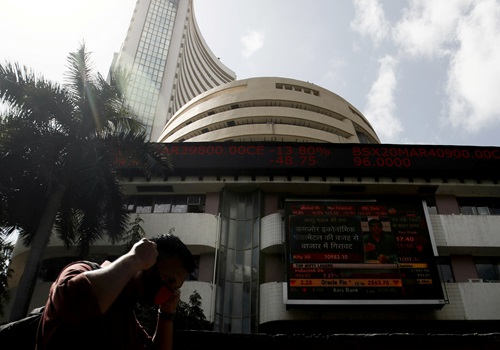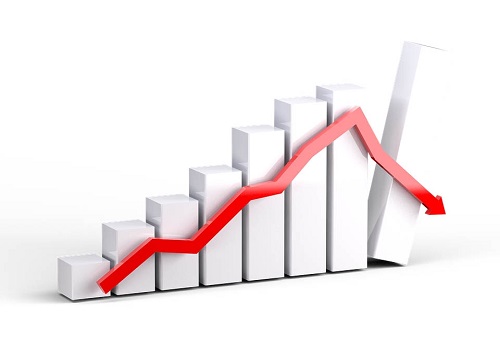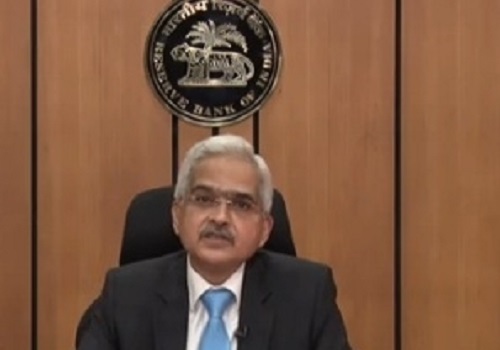Budget Preview: Robust fiscal health opens numerous policy options By ICICI Securities

Follow us Now on Telegram ! Get daily 10 - 12 important updates on Business, Finance and Investment. Join our Telegram Channel
https://t.me/InvestmentGuruIndiacom
Download Telegram App before Joining the Channel
Budget Preview: Robust fiscal health opens numerous policy options
* The fiscal deficit in Apr-Nov 2021 (the first 8 months of FY21/22) was just 46% of the full-year target (compared with a deficit equal to 86% of the full-year outcome 2 years ago, Apr-Nov 2019). Revenue receipts reached 76% of the full-year target in the first 8 months, while spending only reached 60% of the target. Corporate and income tax revenue were 23% and 29% higher than pre-Covid levels, GST 11% higher, customs revenue 66% and excise duty revenues 82% above pre-Covid levels. With global crude prices soaring, we expect excise duties to be reduced further in the Budget, and effective personal income tax rates to decline as well. The fiscal deficit in FY21/22 will likely fall to 5.5% of GDP, allowing more room for tax manoeuvre.
* Boosting investment will remain a focus, with production-linked incentives finely honed to increase output in electronics, resource-intensive and labour-intensive sectors. Customs duty will likely edge higher on products like steel, aluminium, and solar PV cells where China is the dominant global producer, while they will likely decline or be eliminated for products that are part of global value-chains (e.g., smartphones and components, white goods, consumer electronics).
* Disinvestment/privatisation is the one area where revenues will fall far short, but this is not fiscally significant -- as non-debt capital receipts are just 9.5% of total revenue. But privatisation (and asset monetisation) are key emblems of the reform agenda, and are likely to advance rapidly over the next 6-9 months, including the completion of LIC’s large IPO, privatization of BPCL (oil refiner/retailer), and real progress toward privatising several public sector banks as a crucial step toward a transformation of the financial system.
The fiscal deficit in the first 8 months of FY21/22 was 46.2% of the full-year target, while in FY19/20 it was 86.2% of the FY outcome at the same stage of the year. In April-November 2021 (the first 8 months, or 2/3rd, of FY21/22), India’s fiscal deficit was just 46.2% of the government’s full-year target, while the primary deficit (i.e., excluding interest payments) was just 33.8% of the full-year target. Ignoring seasonality, the deficits should have been closer to 66% of the full-year total. But seasonal effects ensure that the deficit is especially large in the April-June quarter (when many tax refunds are received), so the deficits by November of each FY typically reach 80-90% of full-fiscal-year targets. In Apr-Nov 2019, for instance, the fiscal deficit was 86.3% of the final FY19/20 outcome. So this year’s performance is strikingly good, despite the oft-cited slippage in ‘disinvestment’ and privatisation proceeds.
The key to the good performance over the first 8 months of this fiscal year was the strength of revenue (particularly tax revenue) receipts, which reached 75.9% of the full-year target within 8 months, while total expenditure reached only 59.6% of the fullyear target. The government’s tax revenue in Apr-Nov 2021 rose 64.9% YoY, and was 51.2% higher than the pre-Covid level (Apr-Nov 2019). Corporate tax revenue for AprNov 2021 was up 90.4% YoY (and 22.5% higher than Apr-Nov 2019), personal income tax revenue was up 47.2% YoY (and 29.2% more than in Apr-Nov 2019), Central GST revenue was up 48.4% YoY (and 10.8% higher than Apr-Nov 2019), customs revenue was up 99.5% YoY (and 65.6% higher than Apr-Nov 2019), and Union excise duties (mainly on petroleum products) were up 23.2% YoY (and 82% higher than Apr-Nov 2019). That nominal GDP increased by 23.9% YoY in H1-FY21/22 also aided the rebound in tax revenues.
To Read Complete Report & Disclaimer Click Here
For More ICICI Securities Disclaimer https://www.icicisecurities.com/AboutUs.aspx?About=7
Above views are of the author and not of the website kindly read disclaimer










Tag News

Monthly Debt Market Update, September 2023: CareEdge Ratings












